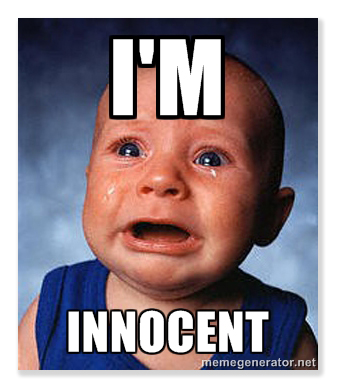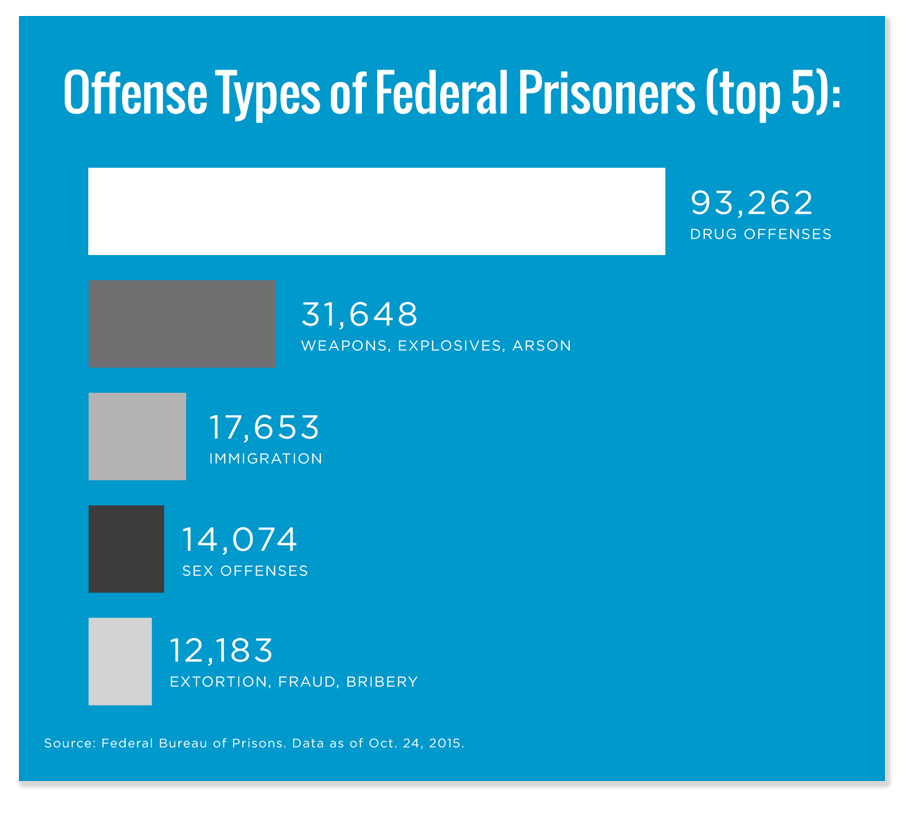We’re still doing a weekly newsletter… we’re just posting pieces of it every day. The news is fresher this way…
A COUPLE OF LOOSE ENDS…
EXONERATION

Last year, 157 people nationwide were exonerated—a record number. That’s not just found not guilty, or even having convictions vacated because of trial errors. Exoneration means the defendants had been convicted, but the convictions were thrown out because the defendants were innocent.
It’s rare, but the number is increasing. Last week, the New Yorker magazine reported, “Amid growing awareness of the scope of the problem, the National Registry of Exonerations has gathered data on wrongful convictions going back to 1989, logging nearly 2,000, and the number is only a fraction of the convictions that are now being contested on the ground of innocence.
In the popular imagination, blame for wrongful convictions falls on individuals: the racist prosecutor, the crooked cop.” That does happen, but it’s mostly a made-for-TV storyline. More often, observers are coming to believe that “the problem is more fundamental—that the workings of the criminal-justice system itself have led even conscientious prosecutors, judges, and juries to put innocent people in prison.”
Academic researchers are also focusing on the systemic nature of many conviction errors. Richard A. Leo, a professor of law and psychology at the University of San Francisco, is quoted by the New Yorker as saying, “The way everyone talks about it is very legal—false confessions, police coercion, eyewitness I.D.s.” Leo believes “that the real issues are far broader, and include the adversarial structure of trials, confirmation bias, cultural notions about what indicates guilt, and a basic human tendency to attribute meaning to details that may be coincidental.
Professor Leo said he once tried to calculate the number of people involved in a wrongful conviction, from police officers and prosecutors to jurors: “It’s staggering,” he said, “it’s, like, fifty people involved in every single one.”
The system is the reason behind a Valpraiso University Law School professor’s suggestion last week that the United States government appoint a “Defender General.” Andrea Lyon wrote in the Indiana Lawyer that “there has been no voice at the policy table for the accused, incarcerated and paroled. We have an attorney general of the United States. We have a solicitor general of the United States. The only lawyer that is enshrined in the United States Constitution is referenced in the Sixth Amendment: ‘In all criminal prosecutions, the accused shall enjoy the right to… the Assistance of Counsel for his defence.’ Yet, the defense is not, and has not been a part of policy decisions regarding criminal justice matters. There is currently no office to represent criminal justice interests at the executive level the way that the attorney general does.”
Prof. Lyon argued that “defendants and defense attorneys need a representative at the executive level who can collaborate on major policy issues, establish national and statewide standards, and coordinate training efforts within the criminal justice system. This is a crucial voice that should be a regular part of the executive discourse and an ongoing resource for indigent defense.”
An Ex-Cop’s Remorse, The New Yorker, October 24, 2016
The United States needs a defender general, Indiana Lawyer, October 19, 2016

WHITE HOUSE STILL APPARENTLY PROMISING PUSH ON CLEMENCY
With the clemency petitions granted earlier this month, President Obama brought his total to 774 commutations granted over his two terms. It’s more either of his successors will likely grant. Hillary Clinton has not said whether she will make clemency a priority. Donald Trump definitely will not: he calls the offenders whose sentences have been commuted “bad dudes.”
 In August, Deputy Attorney General Sally Q. Yates said the Office of Pardon Attorney will act on “every single drug petition” it has. There are still 13,275 petitions on file. Clemency Project 2014, a countrywide network of lawyers who vet petitions for the Pardon Attorney, promises to keep filing inmates’ requests until the last moment possible. So far, the Project has winnowed 33,000 applicants down to around 1,700 petitions considered grantable.
In August, Deputy Attorney General Sally Q. Yates said the Office of Pardon Attorney will act on “every single drug petition” it has. There are still 13,275 petitions on file. Clemency Project 2014, a countrywide network of lawyers who vet petitions for the Pardon Attorney, promises to keep filing inmates’ requests until the last moment possible. So far, the Project has winnowed 33,000 applicants down to around 1,700 petitions considered grantable.
Obama has 77 days left in office. “The pressure is incredible, and it’s increasing exponentially,” according to Amy Povah, the founder of CAN-DO, a nonprofit that advocates for clemency applicants. “People are starting to panic.”
Obama is trying to fix the ‘war on drugs’ with clemency — but it won’t make a dent in mass incarceration, Business Insider (October 23, 2016)

